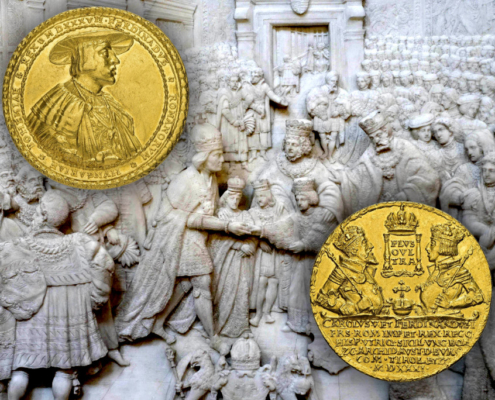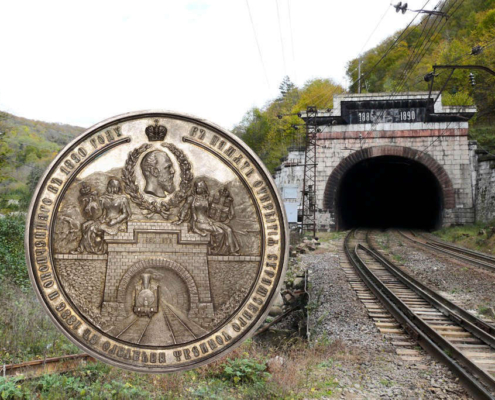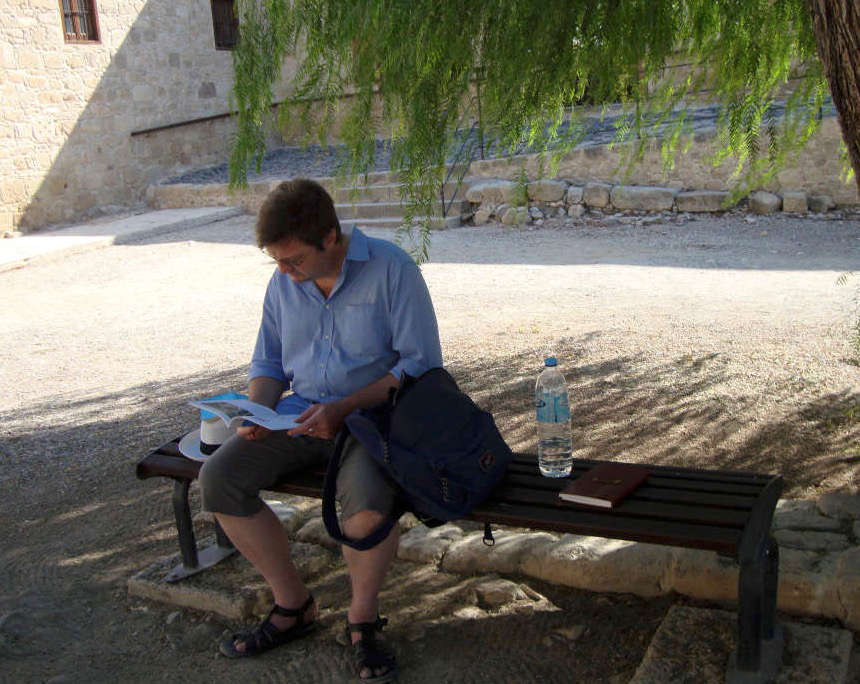Archive: People and Markets
Ulrich Werz (1964-2023)
The numismatist Ulrich Werz died on June 14, 2023. He was known for his work on coin finds and his studies on Roman countermarks. Claire Franklin remembers him.
National Coin Week: Spotlight on Numismatics
The American Numismatic Association (ANA) has been organising a national week of events in honour of numismatics since 1924. The ANA presents the entire spectrum of coin collecting with playful missions for children and specialist lectures from the world of science.
Archive: Coins, Medals and more

The Turks, the Bohemian Estates and Two Gnadenpfennigs by Ferdinand I
SINCONA’s spring auction will be held from 13 to 15 May 2024. Among other highlights, two extremely rare gold gnadenpfennigs by Ferdinand I are on offer. The multiple coins with a weight of 10 and 15 gold gulden are among the great treasures of Habsburg numismatics. We share their story.

For Railroad Fans: The Suram Tunnel
Railroad history is linked to numismatics in many ways. Fascinating large-scale projects were often celebrated with medals and commemorative coins. Our example takes us to Georgia: A medal that will be offered for auction by Künker commemorates the opening of the Suram Tunnel.










A New Era for the Caribbean: The Caribbean Guilder is Coming
In March 2025, a new currency will be introduced – the Caribbean Guilder. Collectors can look forward to intricately designed coins and banknotes that highlight the cultural and maritime identity of the islands of Curaçao and Sint Maarten.
NCBA Launches New Website
The National Coin & Bullion Association has officially launched their new website. The site offers many new improvements and enhanced features.